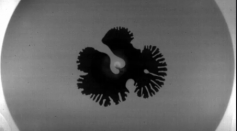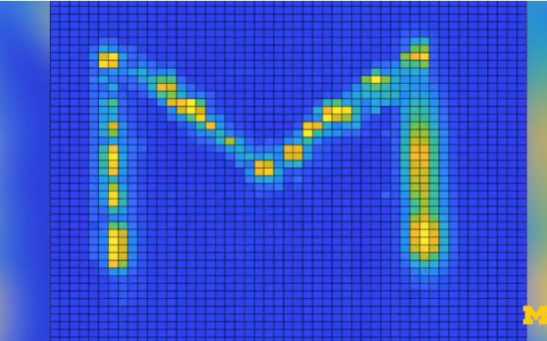Materials Engineering
Ultraclean Graphene As High Performance Magnetic Field Sensors
Which Dinosaur Bone Helps Support Their Weight?

Ultrathin Silicon Nanoantennas Can Slow Down and Redirect Light

Silk and Polymer Compounds Lead to New Biomedical Implants

Scientists Capture the Moment Fluids Act Like Solids
New Photodetector Exceeds 100% Efficiency

New Quantum Computer Application in Materials Science

Small Data Gathering Space Probes Will Aid NASA Future Space Travel
Most Popular

How Technology Is Changing the Real Estate Industry?

How a Plant-Based Diet Can Protect Against Breast Cancer: Insights from Nutrition Research

Study Reveals High Turnover in Scientific Research Careers: What This Means for Future Scientists

Nikolay Karpenko Biography, Photo, Career, Accomplishments






